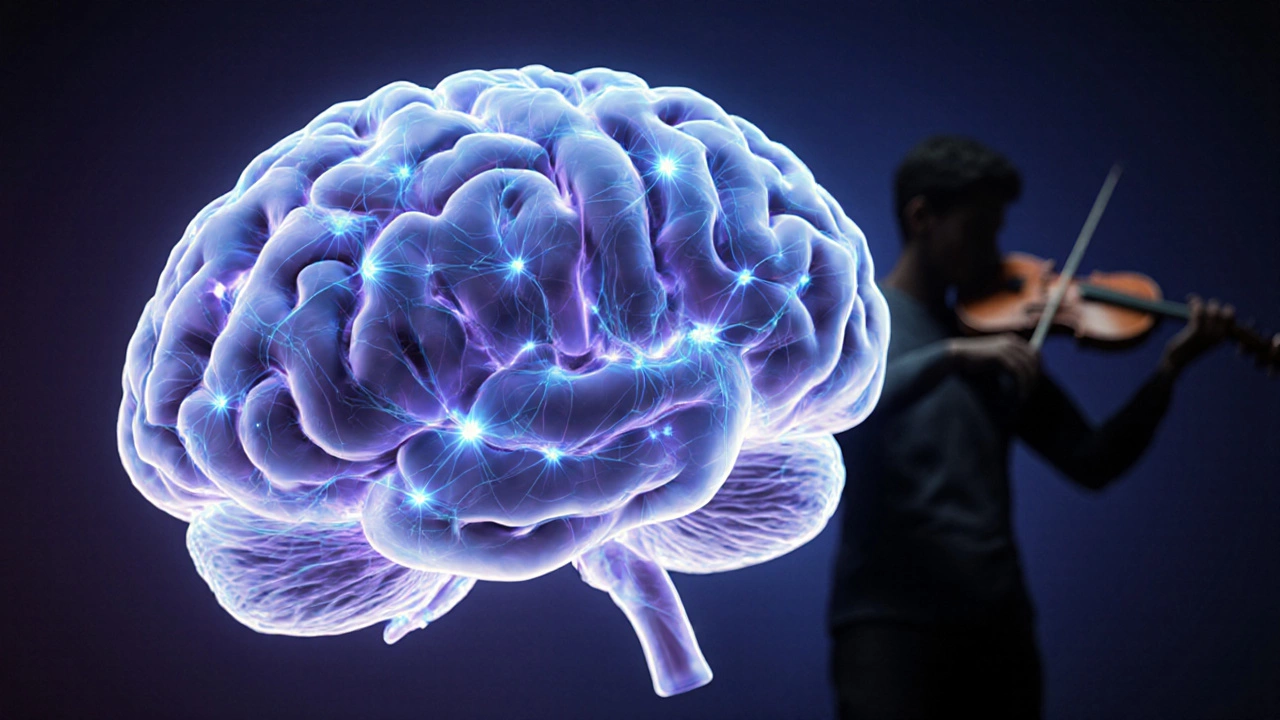Learning Difficulties: Guides, Tips & Resources
When working with learning difficulties, a range of challenges that affect how a person reads, writes, processes information, or stays focused. Also known as learning disabilities, they often intersect with special needs, broader categories of support required for physical, emotional, or cognitive differences. Understanding these terms helps educators, parents, and adults choose the right strategies.
Why Understanding Learning Difficulties Matters
Learning difficulties encompass specific obstacles such as dyslexia, dyscalculia, and attention‑related challenges. They require tailored instructional methods, like multisensory teaching or chunked assignments. At the same time, neurodivergent, individuals whose brains process information differently, often experience learning difficulties as part of their everyday reality. Embracing this perspective shifts the focus from “fixing” to “supporting,” which aligns with modern inclusive practices.
Inclusive language plays a key role, because the words we use shape how learners view themselves and how others respond. Updated terminology—like “neurodivergent” instead of “special needs”—promotes dignity and encourages stronger self‑advocacy. When schools adopt these terms, they also open doors to better policy, more targeted resources, and a culture that values diverse minds.
Adult basic learning focuses on essential skills, such as reading, writing, and numeracy, that many adults missed or need to refresh. For adults with learning difficulties, these programs often combine explicit instruction with confidence‑building activities. The result is not just higher literacy; it’s increased independence in daily tasks, work, and community life.
The collection of articles below reflects these connections. You’ll find pieces that break down adult learning theories, compare A‑Level choices for girls, explore high‑paying online certifications, and guide parents of special‑needs children in Australia. Each post taps into an aspect of learning difficulties—whether it’s the need for adaptive teaching, the impact of inclusive language, or the pathway to lifelong skills.
By reading through, you’ll see how learning difficulties intersect with curriculum design, career planning, and personal growth. Whether you’re a teacher looking for practical classroom tweaks, a parent seeking community support, or an adult learner aiming to boost basic skills, the resources here offer concrete steps and real‑world examples.
Ready to dive in? Below you’ll discover practical advice, data‑backed strategies, and actionable tips that can help anyone facing learning difficulties navigate education, work, and life with confidence.

Effective Strategies to Teach Slow‑Learner Adults
- by Eliza Fairweather
- on 16 Oct 2025
Practical, step‑by‑step guidance for teaching adult learners who process information slower, covering techniques, plans, tech tools, and feedback.

Why Some People Struggle to Learn: Psychology, Brain Factors & Practical Fixes
- by Eliza Fairweather
- on 12 Oct 2025
Explore why some people struggle to learn, covering brain biology, mindset, biases, disabilities, motivation, and actionable ways to boost growth.
